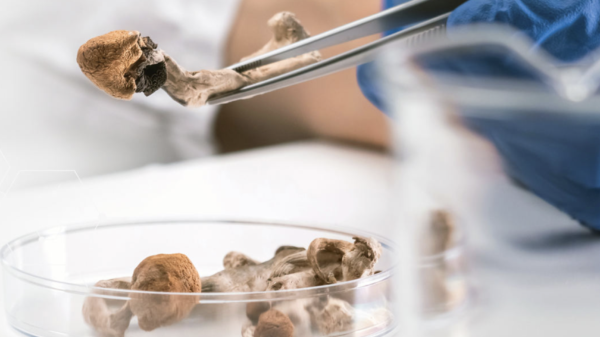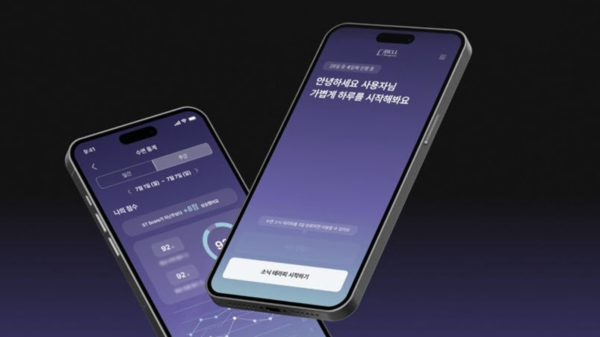Psilocin –the psychoactive metabolite of psilocybin– acutely disrupts the sleep-wake cycle which may be relevant to its antidepressant efficacy, according to a new study by University of Oxford researchers.
But whether or not the disruption helps with the substance’s antidepressant properties still needs to be determined by further research.
The study published in the journal Translational Psychiatry found that psilocin disrupts the architecture and regulation of the sleep-wake cycle of mice for up to three hours after dosing but without any long-term effects.
Researchers found that psilocin increased wakefulness which was characterized by delaying Rapid Eye Movement (REM) sleep –which is the stage where most dreams occur– and by delaying the maintenance of Non-Rapid Eye Movement (NREM) sleep, characterized by slow brain wave activity, slowed breathing and reduced body movements.
In recent years, studies of psilocybin on mental health have shown that the substance has antidepressant properties but there is only scarce research on how it affects sleep patterns and the physiology behind it.
“Sleep disturbance is strongly associated with the development and maintenance of many common psychological disorders, including depression,” explain the researchers in the study.
Given that a prominent factor in psychiatric disorders is disturbed sleep, researchers emphasize the importance of more research looking at the physiological effects of psychedelics on sleep.
Researchers also note that suppression of REM sleep is also a common side-effect of classical antidepressants such as selective serotonin reuptake inhibitors that act on the same serotonin system as psychedelics.
Read more: Dynaleo releases high-CBN gummies to be used as sleep aid
Read more: Cannabis eases muscle spasms, lowers pain and improves sleep in MS patients: study
For the study, researchers injected eight male mice with psilocin during their regular sleeping hours and analyzed their brain activity and electrophysiological recordings using an electroencephalogram (EEG) and surgically-implanted brain electrodes.
Researchers found that after the injection, mice were unable to fall asleep and stayed inside their nests in a sleeping position but according to electrophysiological brain measurements the mice were still awake. Rest was disturbed by small body movements like stretches, head-twitches and posture readjustments with their eyes open.
“Analysis of acute sleep-wake activity using electrophysiological criteria suggested that the psilocin-injected animals were rapidly alternating between short wake and shallow NREM sleep episodes,” researchers explain.
Previous clinical studies have shown similar results where psilocybin delayed the onset of the REM sleep cycle but did not have an effect on NREM.
Read more: Recent cannabis use linked to too much and too little sleep: study
Read more: ‘Go the F*ck to Sleep’ illustrator re-releases cannabis kid’s book for 4/20
More research on the physiology of sleep will be necessary as the sleep aid industry is set to reach US$118.3 billion by 2030, according to a research report by Polaris Market Research.
Some cannabis companies have already started selling products aimed to help with sleep while others are coming up with new wearable technologies mimicking sleep-inducing substances.
Nevada-based Hemp, Inc. (OTC PINK: HEMP) released condensed CBD and CBG tincture capsules to improve sleep while Colorad0-based Charlotte’s Web (TSX:CWEB) (OTCQX:CWBHF) also sells CBD gummies aimed to be a sleeping aid.
In Canada, Ontario-based Indiva Limited (TSXV: NDVA) (OTCQX: NDVAF) announced in February its release of a new brand of gummies aimed to be used at “night-time”.
Other Canadian companies like Hapbee Technologies, Inc. (TSXV: HAPB) (OTCQB: HAPBF) (FSE: HA1) have come up with new technologies to have better control of sleep patterns. The company has started selling a device that uses radiofrequency to deliver low-power electromagnetic signals to a cell that mimics compounds that affect sleep such as caffeine, CBD, nicotine and melatonin.
Follow Natalia Buendia Calvillo on Twitter
natalia@mugglehead.com














